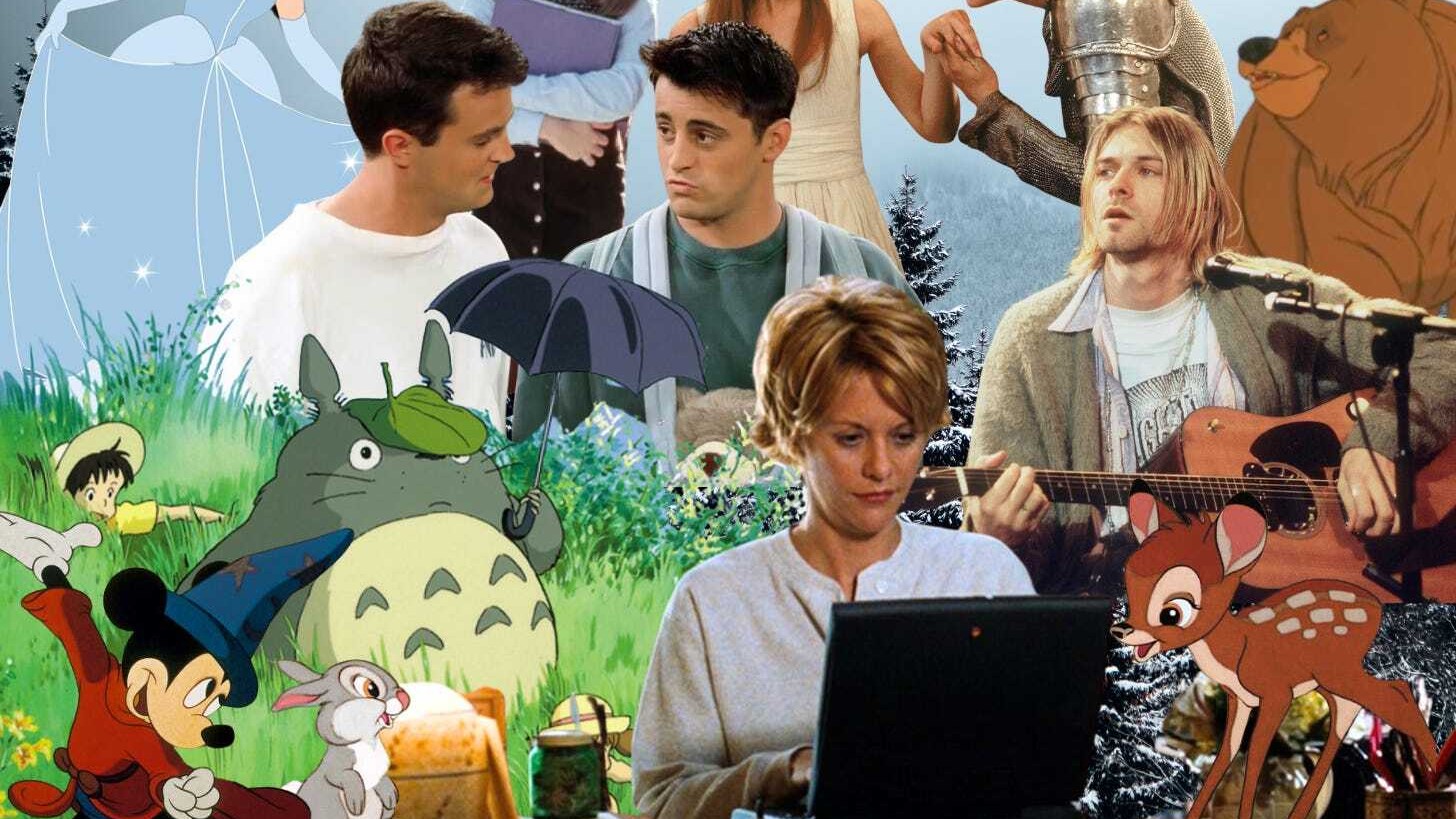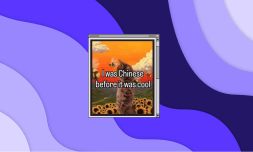it’s a nostalgia time of year

Welcome to the latest edition of The Gen Zer. This week we discuss nostalgia and why Gen Z are down bad with it — particularly as the holidays approach. We also look at the four-day working week, board game clubs and more. Read on!
You would think that the younger generations look to the future, whilst the older ones look to the past. Nostalgia, you might think, is the domain of those who have already lived through several decades and can remember times wholly different to how things are now. With Gen Z, however, these intuitions get flipped on their head; in many ways we are the most nostalgic generation, with that nostalgia even extending to times we never lived through.
GWI did some research into this topic a while ago, finding that our generation is indeed the most nostalgic. What’s also surprising is that, whilst Generation Z consists of those born between 1997 and 2012, over a third of the generation say that they feel nostalgic for the 1990s — a time even the oldest of us cannot remember.
The topic makes for some fascinating research. 51% of Gen Z and Millennials often daydream about life without social media, and 60% of Gen Zers want to return to a pre-social media era. Consider this alongside the fact that our average screen time is around seven hours a day (equivalent to more than 18 years of your life, as Erifili Gounari points out here). At first, it seems bizarre that we long for a life without social media, whilst spending almost the majority of our time awake on our phones. But perhaps that merely shows how deeply these technologies have been pushed into our lives — and how, for Gen Z, we’ve never really known an alternative. The 90s were the last decade without these technologies, and so even if we don’t remember them, many of us still long for them. Sometimes nostalgia simply shows us what is missing.
This partly explains why films and shows from the 1990s are still so popular. You might ostensibly watch an old romcom for the romance, but I think part of it is also for the day-to-day life people had back then. A time when if you wanted to connect with your friends, you phoned them or saw them in person. A time when a group dinner would never be interrupted by any mood-killing notification. Even the fashion was different back then; most of the time, there was no branding in sight, and not a single person had ever heard of Shein.
This is taking a particularly rose-tinted view of the past, of course, and yet this is what nostalgia is all about. Those childhood memories you might want to revisit perhaps weren’t quite so peaceful, and yet that won’t stop you from feeling some distant pang for them. The 90s were far, far from perfect, and yet for Gen Z they represent an escape from all the anxieties and ailments of modern life — perhaps even more so because we don’t remember them. Even the way old films were shot prompts nostalgia: modern movies are often shot digitally, with harsher lighting and more tone-perfect colours, whereas older movies were shot on film, with softer, rosier colours and grainier hues. The same can be said for animations: we’ve gone from hand-drawn, lovingly-crafted scenes to computer rendered ones.
@mubi “I grew up in a time when culture was passed along through objects.” #JoachimTrier ♬ original sound – MUBI




















